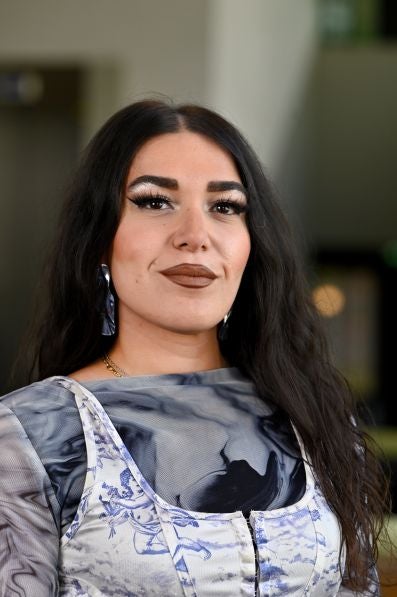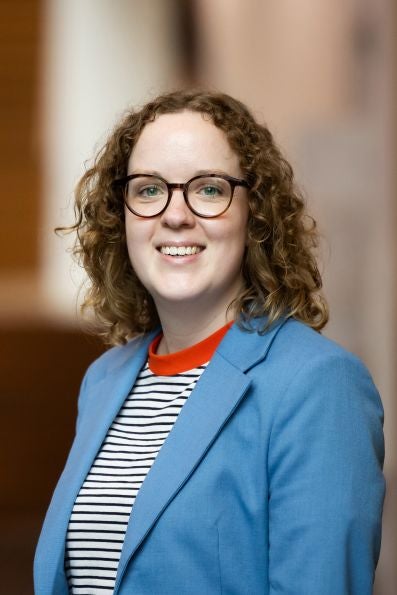The current linear take-make-waste economy negatively impacts the social and ecological environment. The Circular Economy is a new paradigm that promises ways to regenerate the social and ecological environment, including biodiversity, social justice, and the relation between human and non-human life. Negative impacts of the linear economy hit hard in cities, where over half of the population lives today. At the same time, cities also offer test-beds for regenerative innovations such as circular business models and policies, symbiotic buildings and places - where human and non-human beings live together, and experiments in research and education, all supported by artistic or spiritual events. In this course you will learn about business, policy and social initiatives for the circular economy, with examples from Amsterdam and from artistic creations.
Many cities, like Amsterdam, are frontrunners in the Circular Economy and work on new symbioses between human and non-human nature. At the same time, people in cities like Amsterdam have a strong local and planetary impact, from the food we eat and things we buy, to the energy we use, and the transport we cause. Cities are also hotspots for social or scientific experiments and artistic creativity, and such imaginations can inspire and motivate new ways of circular living.
The course lasts two weeks and contains 7 lectures, 4 excursions to illustrate circularity - in nature, in the city, and in (business) organizations, and 2 one-day workshops to create social innovations for circularity.
The course contains four topics:
- What is the circular economy and what are reasons to transition towards it: 1 guest lecture, 1 lecture and 1 excursion to the forest with an international guest.
- What is the donut economy: 1 lecture and 1 excursion to the city
- What are social barriers of the circular economy: 1 lecture
- What are social innovations for the circular economy: 1 guest lecture, 1 lecture and 2 excursion to (business) organizations
These four topics are integrated in one lecture where the most effective and motivating social innovations are evaluated. This lecture is developed in collaboration with Effective Altruism, and more specifically Koen Schoenmakers (MIT, USA), the founder of an Effective Altruism student group in Rotterdam. Further practical integration happens in co-creation sessions and individual study where students investigate and create the most effective and motivating social innovations for the circular economy.
The classes and co-creation sessions will be on the VU Campus. The excursions will all be in the city of Amsterdam (such as the Amsterdamse Bos). Students will be asked to read Doughnut Economics by Kate Raworth; and 6 scientific papers on circularity. This course teaches several skills that can be applied in a practical context and in further career or study.
Creativity: The course will encourage students to identify and reflect on examples of circularity in nature. This will help them to think of strategies for circularity and to recognize existing instances of circularity in their home region as well as abroad. It will also nurture creative ideas about new possibilities for circularity. This creative idea-generation skill can be applied to any situation that requires new ideas but in particular in contexts where biomimicry is useful.
Understanding about the circular economy and the donut economy: The course will teach students to explain the reasons for a transition towards the circular economy and the strategies for achieving circularity. This will be increasingly useful in a European context where governments are aiming to achieve circularity by 2050.
Self-reflection: students will be encouraged to reflect on the most effective and motivating social innovations for achieving a socially just and environmentally sustainable circular economy. This requires self-reflection, to distill what career path is personally motivating to the student. This can help them in their future career or study choices.

